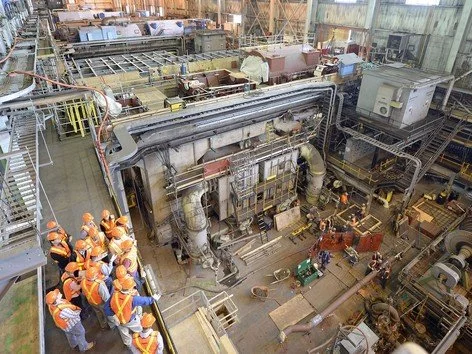The federal government has bowed to provincial and industry lobbying in weakening proposed standards for coal mining effluent, critics say. The draft regulations, released earlier this year, would double the amount of toxins —such as selenium — the mines are allowed to release and wouldn’t apply to any mine that starts producing before 2027. Nor do they require companies to monitor overall environmental effects. “Environment Canada got pushback,” said Bill Donahue, an environmental scientific consultant and former head of monitoring for the Alberta government. “It dramatically reduced the proposed standards in terms of their stringency.”
A TALE OF THREE WATERSHEDS: WHAT WE KNOW — AND DON’T KNOW — ABOUT THE HEALTH OF CANADA’S FRESHWATER
Canada is famously home to 20 percent of the world’s freshwater — but how well are we stewarding this supply? WWF-Canada recently reassessed the health of our country’s 25 watersheds to better understand how they’re responding to threats from pollution, habitat loss and climate change. Our 2020 Watershed Reports found that 26 per cent of Canadas’s 167 sub-watersheds received a score of Good or Very Good, which is good or very good news! But what’s bad, or possibly very bad, is that nearly 60 per cent of these sub-watersheds received no score at all because they remain Data Deficient. In other words, we just don’t know. This lack of data is concerning as we need a complete picture to determine which areas need dedicated efforts to protect our freshwater ecosystems.




